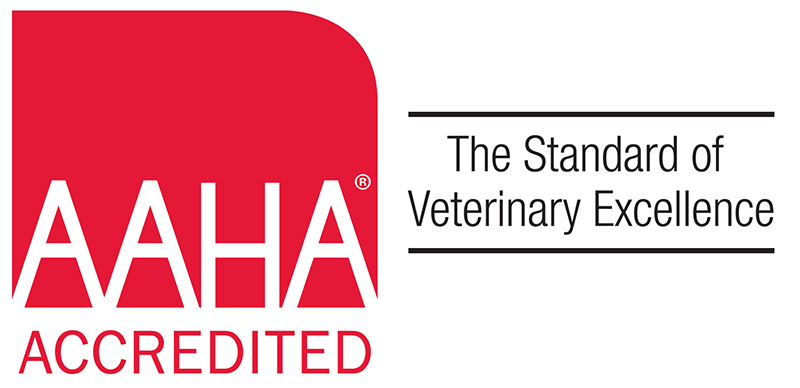As pet owners, it’s natural to want to share our holiday meals with our canine companions, especially when they look up at us with those big, pleading eyes. One common question that arises during these times is whether it’s safe to give dogs turkey skin. In this article, we’ll explore the effects of turkey skin on dogs, covering both the nutritional aspects and the potential risks involved. If you have any concerns or need further advice, don’t hesitate to reach out to Triangle Animal Clinic at (936) 756-3318.
Nutritional Profile of Turkey Skin
Turkey skin, while delicious, is high in fats that are not ideal for your dog’s diet. Understanding the composition of turkey skin is essential to comprehending why it may not be the best treat for your dog. Here’s a closer look at its nutritional aspects:
- Fat Content and Calories: Turkey skin is primarily composed of fats, which can be tough on a dog’s digestive system. It’s calorie-dense and can contribute to weight gain, a concern for pet owners mindful of their dog’s health and fitness.
- Lack of Essential Nutrients: Though it may provide some proteins, turkey skin lacks essential nutrients that dogs require for a balanced diet. It’s important to focus on feeding them foods that contribute positively to their overall health.
Health Risks Associated with Feeding Dogs Turkey Skin
While sharing your holiday meal with your dog might seem like a loving gesture, it’s crucial to understand the potential health risks associated with feeding them turkey skin.
Pancreatitis: A Serious Concern
- High Fat Content: Turkey skin is rich in fats, which can be difficult for dogs to digest. When dogs consume high-fat foods like turkey skin, it can lead to an inflammation of the pancreas, known as pancreatitis. This condition can be extremely painful and may require urgent veterinary care.
- Symptoms of Pancreatitis: Symptoms include vomiting, diarrhea, abdominal pain, lethargy, and loss of appetite. If you notice any of these signs after your dog has eaten turkey skin, it’s essential to contact Triangle Animal Clinic immediately.
Gastrointestinal Upset
- Digestive Issues: Besides pancreatitis, the ingestion of fatty foods like turkey skin can cause other digestive problems such as upset stomach, bloating, and diarrhea. These symptoms can be uncomfortable for your dog and distressing for you as a pet owner.
- Long-term Digestive Problems: Repeated exposure to fatty foods can lead to chronic digestive issues and may contribute to obesity and related health problems.
Choking Hazards and Bone Fragments
- Small Bones and Fragments: Turkey skin can sometimes adhere to small bones or fragments that can pose a choking hazard to your dog. These can also cause obstructions in the digestive tract, which might require surgical intervention.
- Oral Injuries: Besides choking, bone fragments can cause cuts or injuries in the mouth and throat, leading to infections or other complications.
Allergic Reactions and Sensitivities
- Food Allergies: Some dogs might be allergic or sensitive to turkey or its skin. Feeding them turkey skin can trigger allergic reactions, which may manifest as skin irritations, itching, or gastrointestinal upset.
- Identifying Allergies: If you suspect your dog has a food allergy, it’s important to consult with a veterinarian for proper diagnosis and management.
Safe Alternatives to Turkey Skin
As pet owners, we often wish to share our meals with our dogs, especially during special occasions. However, given the risks associated with turkey skin, it’s important to consider healthier alternatives that are safe for your dog to enjoy. Here are some suggestions:
Lean Turkey Meat
Offer your dog small amounts of lean turkey meat. Ensure it’s well-cooked, boneless, and free from all seasonings, onions, and garlic, which can be harmful to dogs. However, even with lean turkey meat, moderation is important. Large quantities of any new food can upset your dog’s stomach.
Dog-Friendly Vegetables
Some vegetables are not only safe for dogs but also provide essential nutrients. Examples include carrots, green beans, and pumpkin (ensure these are plain and free from seasonings).
Prior to feeding any vegetables to your dog, make sure they are cooked and cut into bite-size pieces to prevent choking and aid digestion.
Specially Formulated Dog Treats
There are many commercially available dog treats that are formulated to be both delicious and nutritionally balanced for your pet. Some treats are designed to aid in dental health, helping to clean your dog’s teeth as they chew. If you’re not sure what treats are best for your canine, your veterinarian can provide a personalized recommendation.
Homemade Dog Treats
Homemade dog treats can be a fun and safe way to reward your dog. Recipes can include ingredients like peanut butter (ensure it’s xylitol-free), oats, and applesauce. Be sure to use recipes specifically designed for dogs to ensure all ingredients are safe and healthy for them.
When to Consult Your Veterinarian
If you’ve accidentally fed your dog turkey skin, or if they’re showing signs of discomfort after eating, it’s important to know when to seek professional advice.
Signs of Digestive Distress
Watch for signs of digestive distress, including:
- Vomiting
- Diarrhea
- Lethargy
If you notice any of these signs, it’s important to consult with your veterinarian right away. Regular wellness checks can also provide you with tailored dietary advice for your dog, ensuring their long-term health and well-being.
While it might be tempting to treat your dog to turkey skin, it’s essential to be aware of the potential health risks and consider healthier alternatives. Your dog’s health and safety are paramount, and at Triangle Animal Clinic, we’re here to provide you with the best advice and care for your beloved pet. For any questions or to schedule an appointment, please call us at (936) 756-3318. Your dog’s health is our top priority, and we’re dedicated to ensuring they live a happy and healthy life.






